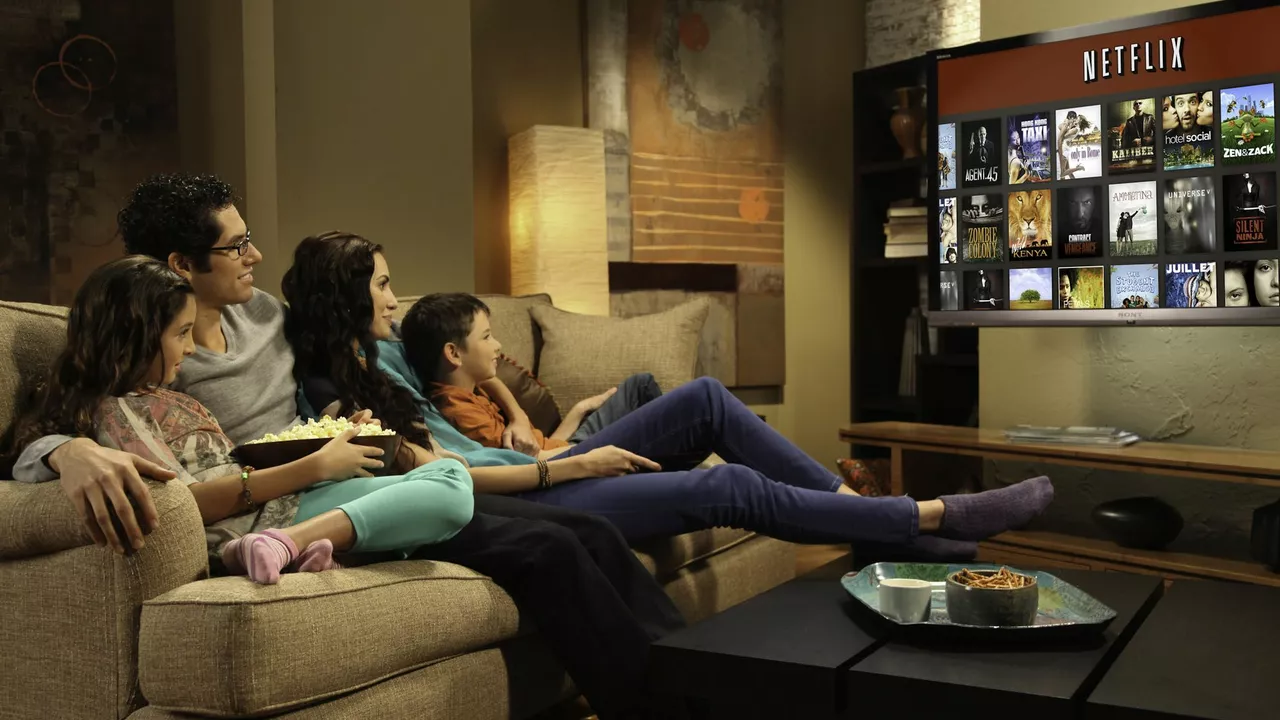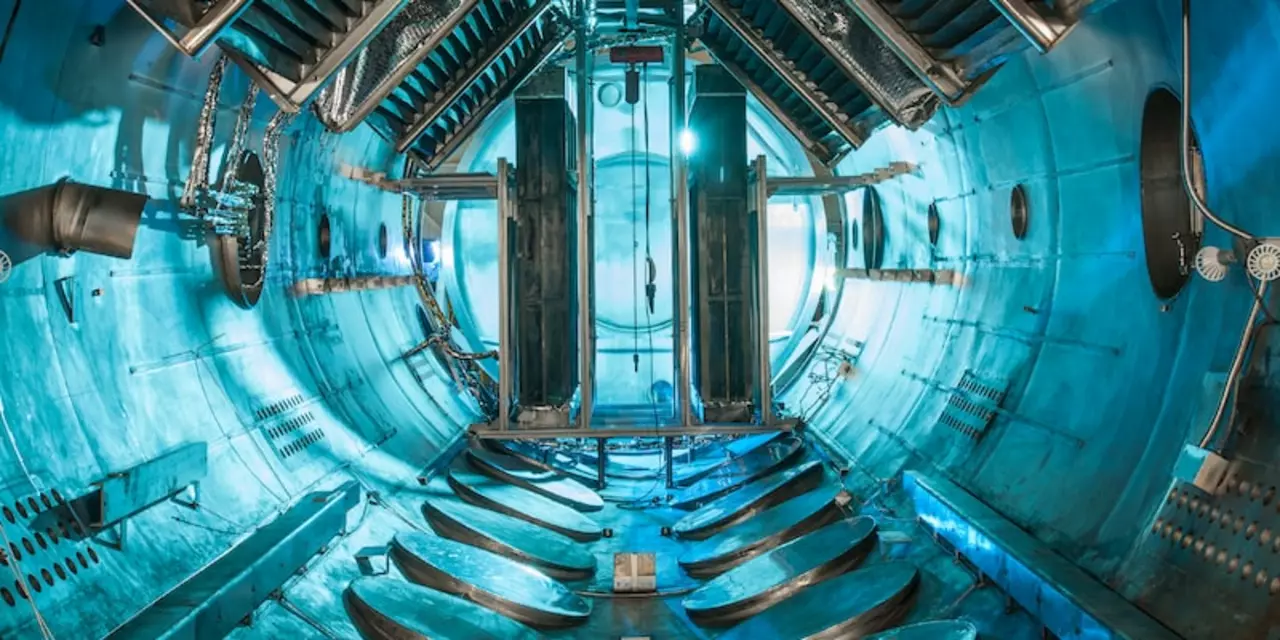Films: What’s Hot, What’s Not, and Why It Matters
If you love movies, you know the buzz changes fast. One week a Bollywood classic steals the spotlight, the next a Hollywood superhero dominates the box office. This guide breaks down the most talked‑about films, what makes a movie stay in theatres, and where you can find honest reviews without the fluff.
Why Some Films Last Longer in Theatres
Box‑office numbers are the biggest driver. When a film earns big money in its opening weekend, theatres keep it on screen to cash in on the hype. Holiday seasons also help – families look for new releases, pushing movies into December slots. Genre matters too; blockbusters and action flicks usually outlast indie dramas because they attract larger crowds.
Bollywood vs. Hollywood: Different Flavors, Same Appeal
Hollywood is famous for massive budgets and global reach. Think of the 2018 blockbusters like Black Panther or Avengers: Infinity War – they pulled in worldwide crowds and set record earnings. Bollywood, on the other hand, packs cultural richness into songs, drama, and vibrant storytelling. Lists like “Top 20 Best Hindi Movies of All Time” show how Indian cinema can be both entertaining and deeply rooted in social change.
When you compare the two, it’s not about which is better, but which fits your mood. A Hollywood action spectacle gives you explosions and special effects, while a Bollywood drama offers emotional twists and memorable music.
Sometimes the rankings get confusing. Take the IMDB Top 250 – a few movies on that list raise eyebrows. Articles like “What are some of the worst films to feature in IMDB Top 250?” point out that even the most respected lists can slip in overrated titles. This shows why personal taste matters more than any algorithm.
If you’re hunting for fresh content, look at recent hits and under‑the‑radar gems. For example, the 2025 US Open story about Yuki Bhambri isn’t a film, but it shows how sports drama can capture audiences, hinting at future sports movies that might dominate screens.
Choosing where to watch matters. Home streaming offers convenience, but a theater’s big screen and surround sound still deliver the full impact for big‑budget movies. If you’re on a budget, a modest home setup with a good TV can still give a decent experience, especially for dialogue‑heavy dramas.
Finally, ask yourself what you want from a film. Do you crave a quick laugh, a deep emotional ride, or an escape into a fantasy world? Knowing your preference helps you cut through the noise and pick movies that actually satisfy.
So next time you see a new trailer, think about these points. Whether it’s a Bollywood masterpiece, a Hollywood blockbuster, or an indie surprise, you’ll be better equipped to enjoy the film you choose.
Can TV series be also called films?
Alright folks, let's dive into the exciting world of TV series and films! Now, can we call TV series films? Well, technically no. I mean, both are visual treats, but they're as different as popcorn and pretzels! TV series are like a marathon, with multiple episodes providing us a long, continuous storyline. Films, on the other hand, are more like a sprint - a standalone narrative neatly wrapped up in a couple of hours. So, let's celebrate both for their unique quirks and not confuse one for the other. Keep the popcorn popping and the series streaming, my friends!
What science fiction films best depict our future?
Science fiction films provide a unique opportunity to explore our ideas and anxieties about the future. They often feature futuristic technologies, societies and worlds, which allows us to examine our own values and beliefs about the future. Through these films, we can explore what kind of world we might be heading towards and what changes we might need to make to ensure a better and more equitable future. Examples of films that depict a potential future include Blade Runner (1982), The Matrix (1999) and Wall-E (2008). These films challenge us to consider our current trajectory and the potential consequences of our actions. Ultimately, science fiction films provide an important platform for us to reflect on the future, and how we can shape it for the better.

